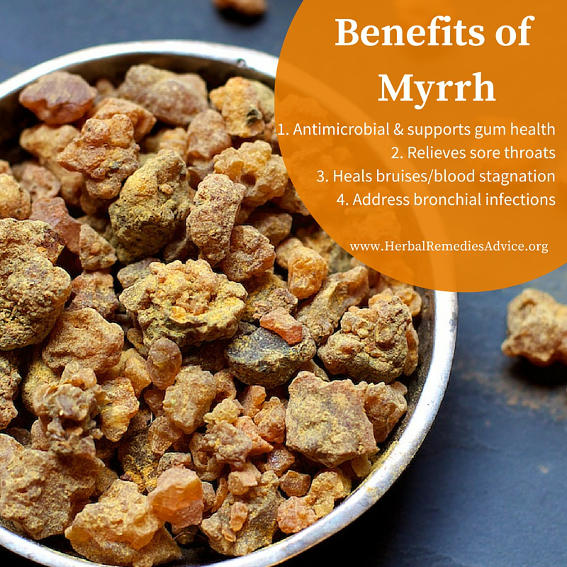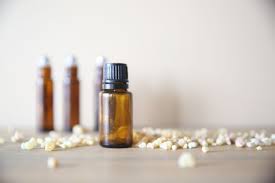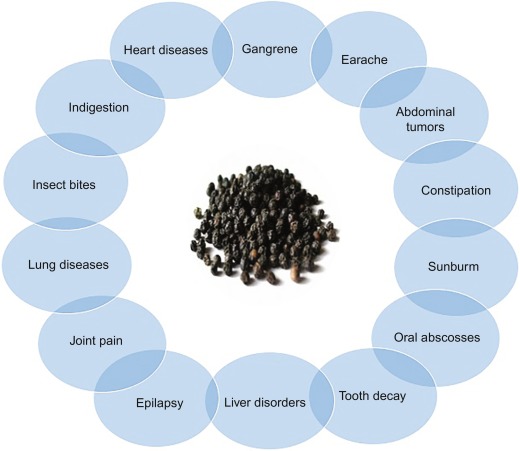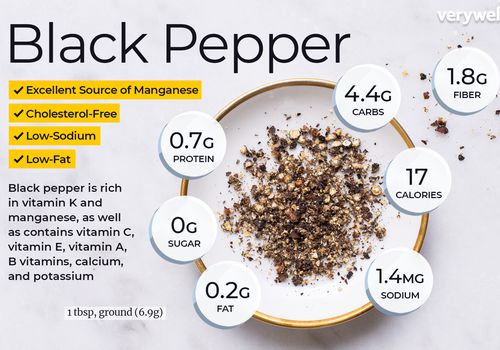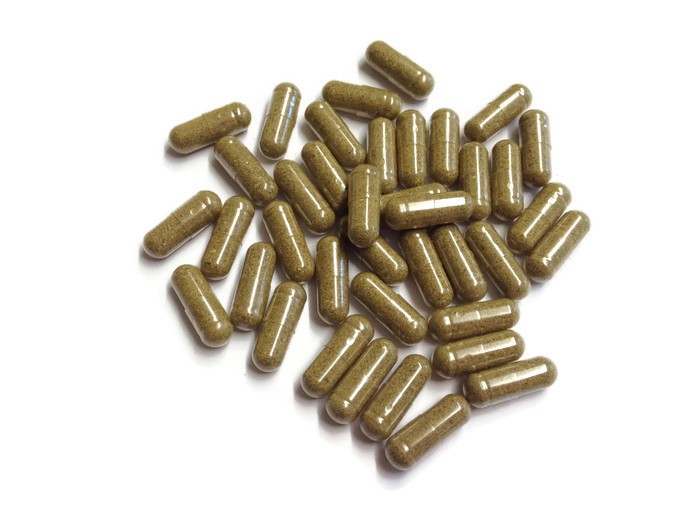Is it safe to use Myrrh supplement everyday?
Myrrh interaction with Drugs
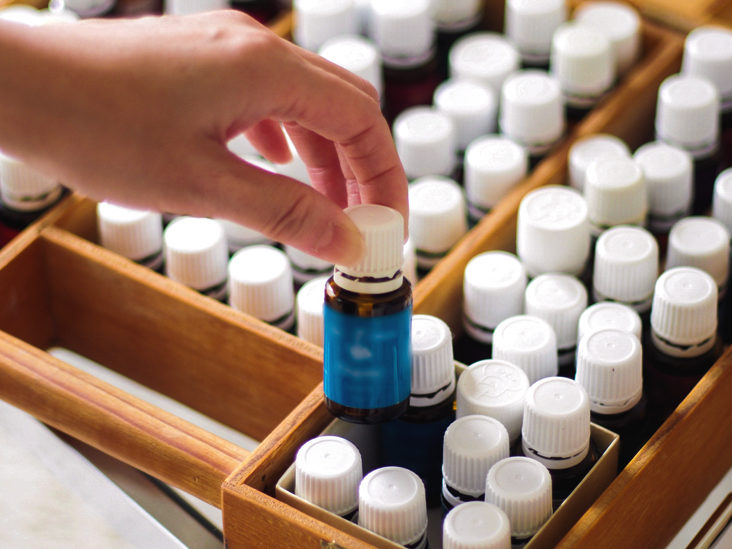
Interaction of a substance generally refers to a potential risk that could develop inside the human body when two or more drugs, products, or medical conditions, interact with one another in a negative manner that could result in certain unwanted health conditions.
Natural products such as myrrh are generally considered safe when taken in food amounts but might be harmful when consumed as a medicine amount like supplements. If an individual is medicating with certain medical drugs to treat any condition, there might be a possibility of interaction between those drugs and myrrh. This could cause complications in the condition that is to be treated or could result in new unwanted conditions. Such interacting medical drugs include:
- Antidiabetic Drug– Antidiabetic medicines are used to lower the blood sugar level of the body. Myrrh might also lower the sugar level. Combination of both these medical agents could increase the risk of blood sugar level getting abnormally low which could cause complications. Such antidiabetic drugs include glimepiride (Amaryl), insulin, pioglitazone (Actos), chlorpropamide (Diabinese), tolbutamide (Orinase), glyburide (DiaBeta, Glynase PresTab, Micronase), metformin (Glucophage), rosiglitazone (Avandia), glipizide (Glucotrol), and several others.
- Warfarin(Coumadin)– Warfarin is generally known to slow down blood clotting. Consuming myrrh might decrease the working of warfarin to slow blood clotting. This might increase the risk of blood clotting.
Precautions and warnings before using Myrrh
Although being a natural herb that is used for a number of medical and food applications, there are certain medical conditions in a human body in which intake of Myrrh must be limited or avoided in order to prevent complications. Interference of this herb could result in worsening of certain medical conditions or might cause other unwanted conditions. Such medical conditions includes:
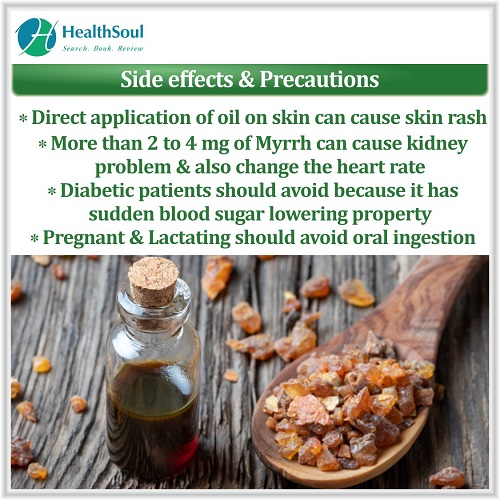
- Pregnancy– Consuming Myrrh during pregnancy is likely to be considered as unsafe. It might cause irreversible conditions such as miscarriage when taken at a medicine amounts. Therefore, a pregnant woman must avoid consuming Myrrh in such a condition.
- Breastfeeding– While on breastfeeding stage, a woman must avoid consuming Myrrh as it is unsafe. This is concluded due to lack of information regarding its safety during breastfeeding conditions.
- Surgery– Myrrh might lower the blood sugar level which might cause complications when sugar level has to be controlled during and post surgery. Also, risk of bleeding is increased when consumed in a larger amount. Therefore, it is advisable to avoid consuming Myrrh at least 2 weeks before undergoing any surgery.
- Fever– Myrrh might cause fever to get worse. If an individual is diagnosed with fever, it is advisable to use it with caution.
- Uterine bleeding– Myrrh is a kind of natural substance that could stimulate uterine bleeding. This makes people use it for the onset of their menstrual period. During uterine bleeding, myrrh must be used with caution.
Side effects of using Myrrh
Interaction of Myrrh with several medical drugs and no precautionary actions against several medical conditions might cause certain unusual or allergic side effects and condition in a human body that includes:
- Skin rashes
- menstrual bleeding
- miscarriage
- change in blood sugar level
- risk of heart disease
There could be more side effects not mentioned in the above list. An individual must make sure to consume Myrrh with proper precaution and avoid interaction in order to prevent side effects. However if side effects are observed, it is advisable to contact a doctor or get immediate medical attention as soon as possible if necessary.
Overview
- This natural spice is expected to interact with several medicines of different drug categories causing more harmful effects to the body.
- Individuals dealing with certain medical conditions must discuss with a doctor before consuming Myrrh as it may cause worsening of conditions or could develop new unwanted conditions.
- Drug interactions and medical conditions might cause several side effects and allergic reactions in the body while consuming Myrrh which must be informed to the doctor if they persist or get worse.
REFERENCES:
- https://www.webmd.com/vitamins/ai/ingredientmono-570/myrrh#
- https://www.healthline.com/nutrition/myrrh-oil#TOC_TITLE_HDR_8
- https://www.rxlist.com/myrrh/supplements.htm
- https://www.medicalnewstoday.com/articles/265922
- https://www.britannica.com/topic/myrrh
- https://www.healthline.com/nutrition/myrrh-oil
- https://healthsoul.com/blog/health-benefits-of-myrrh/
For more details, kindly visit below.

